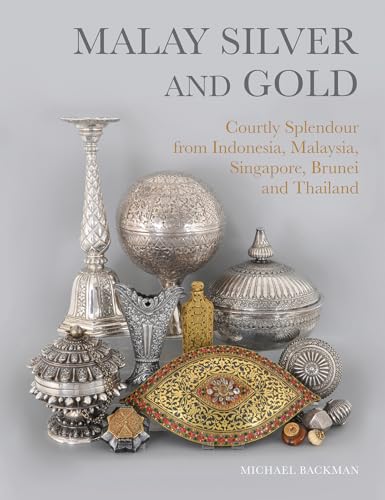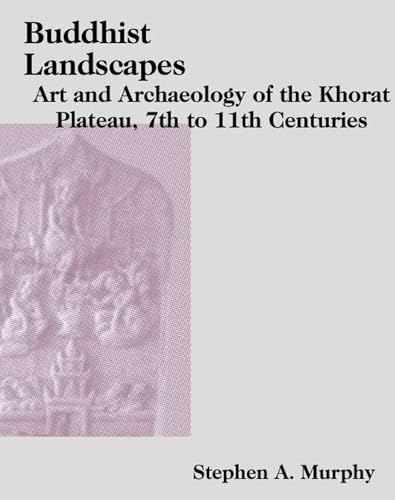Funding opportunity from the Program for Early Modern Southeast Asia (PEMSEA). More details in the link below, and the deadline for proposals in 15 March 2022.
The UCLA Program for Early Modern Southeast Asia (PEMSEA), a collaborative project among UCLA Center for Southeast Asian Studies, University of Hawai’i-Mānoa Center for Southeast Asian Studies, and the Department of Anthropology at the University of Washington, funded by the Henry Luce Foundation’s Southeast Asia Initiative, is inviting research proposals from graduate students and scholars that focus on climate and anthropogenic change, disaster responses, and interactions (i.e., trade) during the early modern period (EMP) (1400-1820 CE) Southeast Asia (SEA). Funded projects will contribute to PEMSEA goals of strengthening transdisciplinary collaboration on Early Modern Southeast Asia.
PEMSEA seeks a more nuanced understanding of the EMP through building local and indigenous histories, particularly, those that show responses to climate change and disasters. The compelling problem is long-term climate change in Southeast Asia during the last millennium CE, with a special focus on the EMP and the extent to which the Little Ice Age affected Southeast Asia. PEMSEA aims to contribute to developing datasets and analyses on the intersection between anthropogenic and climatic change during the EMP. Conventional interpretations of EMP Southeast Asia attribute environmental changes primarily on European penetration, but recent archaeological and historical investigations provide more distinct views that consider local contexts and environmental dynamics, like intra-Asian interactions, climate change, and agency. Most changes associated with European activities in the region also had substantial East Asian inputs and were mitigated by climatic variation and human impact. Forest resource extraction, for example, was carried by local SEA communities, but intensified during the EMP period by colonial powers. As such, we hope to provide avenues for interdisciplinary collaboration that looks at the environmental consequences of resource depletion, pollution, disasters, climatic variation, among others.
Source: CALL FOR PROPOSALS – PEMSEA
























